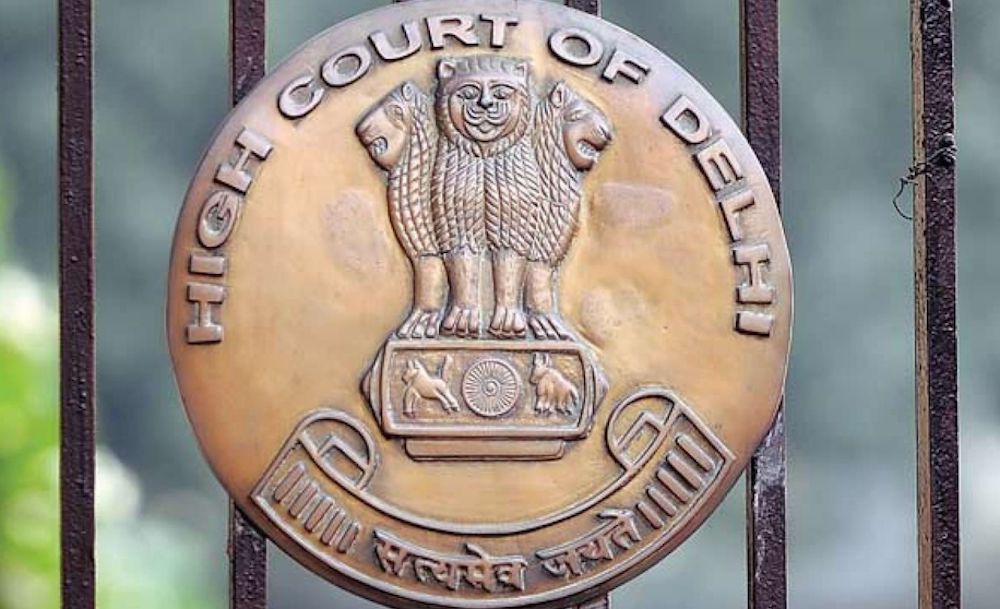Khushi Bajpai
Published on: September 1, 2022 at 21:42 IST
The Delhi High Court ruled in Neetu Singh & Anr. v. Telegram FZ LLC & Ors. that Telegram, a mobile messaging platform, must abide by Indian law and disclose information like IP addresses, mobile numbers, and devices used in operating channels involved in copyright infringement if so ordered by Indian courts.
According to Justice Pratibha M. Singh, infringers cannot be granted protection under Telegram’s policies just because the company’s physical servers are situated in Singapore.
The Court stated that if such a claim were to be accepted, intellectual property (IP) infringement would be fully unchecked in the contemporary environment, where the majority of dissemination occurs through online messaging services and platforms.
The Court ruled that Indian Courts are qualified to handle cases involving copyright infringement.
“Simply because Telegram operates a messaging service in India but chooses not to have its servers there does not absolve Indian Courts from handling copyright disputes or absolve copyright owners from pursuing remedies in Indian Courts,” the Court said.
Relevantly, the judge rejected Telegram’s argument that, as only an intermediate, it is not required to reveal the identity of the information’s source.
Justice Singh emphasised that just blocking or removing channels after Telegram receives information is not a suitable solution because the channels are obviously hydra-headed and keep popping up because any additional cellphone number or email address may be used to create them.
“…the infringement must be stopped in its tracks… The origin and source of the infringing material must be identified, and any devices or people responsible for the infringement should suffer legal repercussions, including being required to pay damages, as the Court cannot monitor such infringements indefinitely.”
“If the information about the channels that are infringing is not made public, it would be impossible to do that.”
Additionally, it stated that Telegram’s adherence to Singapore’s local law, the Personal Data Protection Act of 2012, cannot be used as a defence for not disclosing the channels used for the distribution of infringing content because doing so would be against Singaporean law as well.
According to Justice Singh, even under Telegram’s own Privacy Policy, protecting fundamental rights would not help protect the personal information of infringers because only the “processing” of the data could be halted.
Disclosure of such data according to a Court order would not be considered “processing,” which is the only action that is prohibited by the users’ fundamental rights that are being violated. The defence, which was raised in court, is not recognised by Telegram’s own privacy policy, it was claimed.
Neetu Singh, a teacher, had filed a lawsuit against Telegram and other parties, which the court was considering.
It was said that she wrote several publications intended to prepare students for competitive exams, such as those given by the Staff Selection Commission (SSC) and the National Defense Academy (NDA).
The complainant claimed that PDF copies of her books and daily uploads of her lectures’ videos to Telegram, where students could watch them for free, supported her claims.
According to Justice Singh, copyright infringement is unquestionably a serious issue because it affects the owners of these valuable rights. The importance of protecting and enforcing these rights cannot be minimized simply because technological advancements have made it easier for violators to conceal their illegal behaviour.
The Court ruled that the term “infringing copy” is sufficiently broad to include electronic copies shared over Telegram channels. The judge stated that it is obvious that electronic devices, such as smartphones, computers, servers, and other similar gadgets, that allow copies to be made and distributed would fall under the aforementioned definitions.
This is further supported by the fact that Section 14(1)(a) specifically mentions reproduction by “electronic means,” according to the judge.
The court ruled that the plaintiffs would be helpless to pursue damages unless and until the channel operators, who are presumptively violating the plaintiffs’ copyright, are identified.
The Court further observed that the screenshots provided by the plaintiff and other evidence submitted to the court prove beyond a reasonable doubt that the channels operating on the Telegram platform are illegally and unauthorizedly disseminating and communicating the works of the plaintiffs, doing so for financial gain and violating their rights.
The Court stated that the infringing channels are also so blatant that they freely exploit the names of the plaintiffs in their channel titles, including KD Publications and Neetu Singh.
Therefore, it ordered Telegram to provide information about the channels and devices that were used to distribute the infringing materials, as well as mobile numbers, IP addresses, email addresses, and other information, within two weeks.
The information must be submitted to the Court under a sealed cover, and after reviewing the specifics, the Court will issue the necessary instructions.

